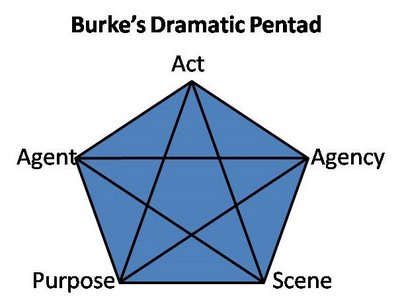Narratives of war, victory and defeat
Every day you come across a story about a bomb killing people in Iraq. By now, you are probably getting numb by all the bloodshed and don't care to much about each news item (the syndrome is called compassion fatigue). But have you considered how this dis-association and numbness is actually shaped by the way the reports are written? The way each article is phrased and the larger narrative that it circularly draws upon and feeds very much shapes our stance towards the tragedy in Iraq.
The American Marine Corps general James Mattis recently gave an interview and commented on this very phenomenon (through the Small Wars Journal Blog):
"...the moral bye, the passive voice by our media, makes it appear like what the enemy is doing is just an act of God of some Godamned thing...getting our narrative out will be as important or more important than tactics."
He hits the problem right on the head. The way these things are described, make them seem impervious to human interaction, acts of a random and unsentimental nature, or even the hand of God, against which we have no power. But why is this so?
The American rhetorician Kenneth Burke tried to describe the framing of narratives in the interrelation between five instances. Burke tried to tease out the motive of social interactions - the motive being the reasons why people do the things they do. His model, the "pentad", illustrate the "ratios" between the set-pieces of social drama. And this can be used to illustrate how most news-pieces on the bombings in Iraq are moving the drama out of the realm of our control and into the realm of "unrulyness". By focusing on a neutral bomb (that "goes off", as if by itself) and the victim, the ratio between Agency (how the agents act) and Act (or perhaps Scene) are emphasised.

The obvious questions any mediocre screen wright would ask, would be "Who did it" and "why did they do it?" In the same line of thought, imagine a newspaper article from 1945 on the Holocaust, saying "Yesterday 45 jewish prisoners were killed by gas in a Polish town". If we don't ask those questions, we don't get a personal experience from the news articles - and we couldn't care less. This way of framing a narrative can be blamed on journalism's standards of non-partisan writing or on the compassion fatigue. However, if we don't realise that people are being killed and kills every day, it is obvious that we can't really get involved in a faraway war and politicians, such as the Danish, will be tempted to ease out of the war-zone with no end in sight. The interesting question now is, how will these withdrawals be depicted? What narrative will be chosen? Defeat, withdrawal or victory?
Labels: Rhetorical war



0 Comments:
Post a Comment
<< Home